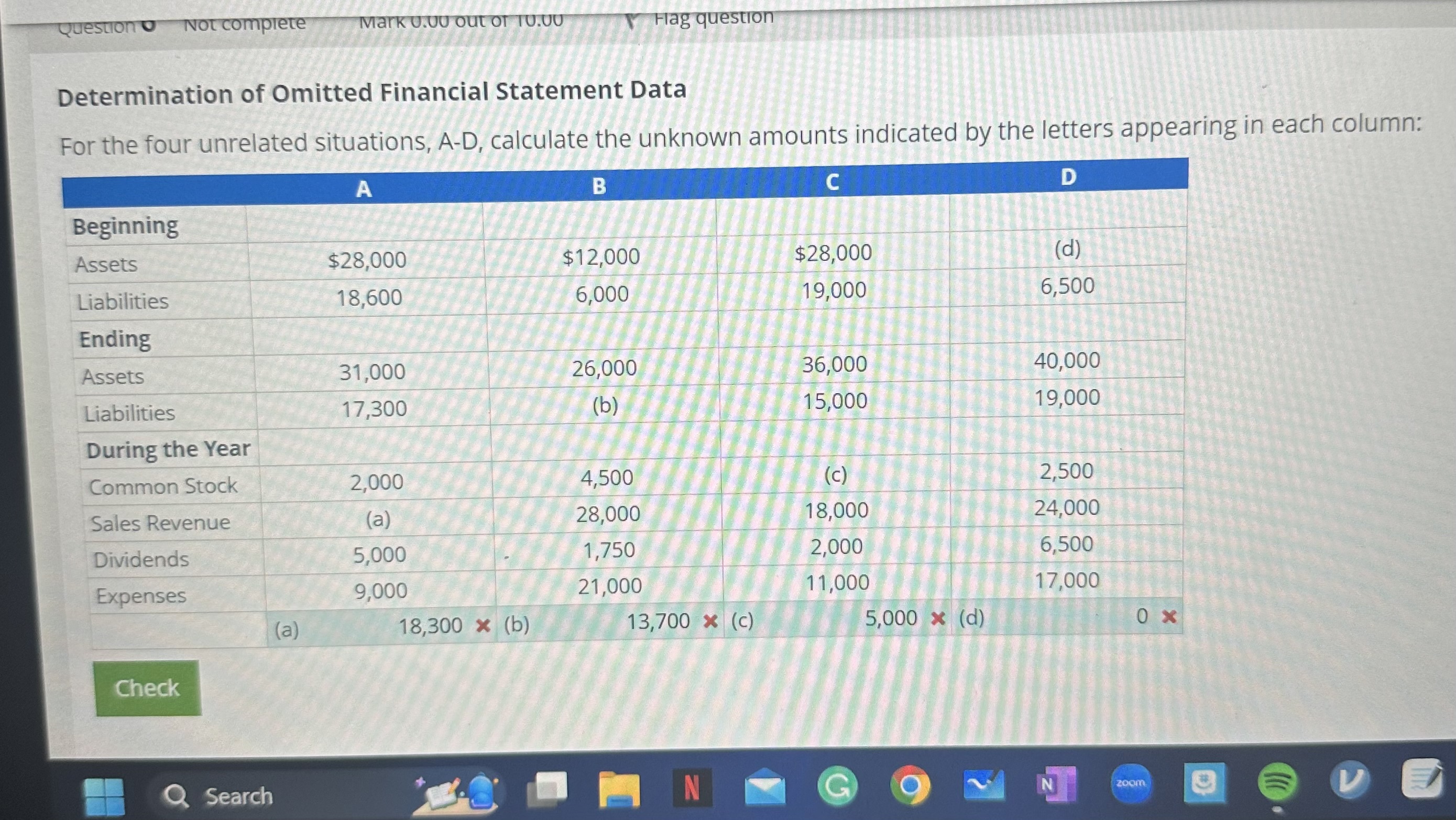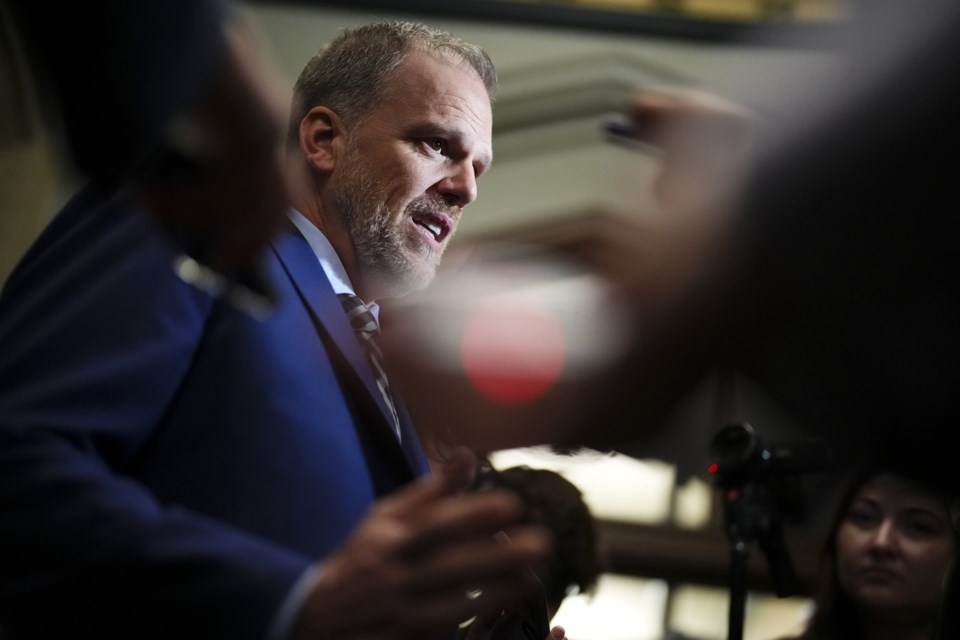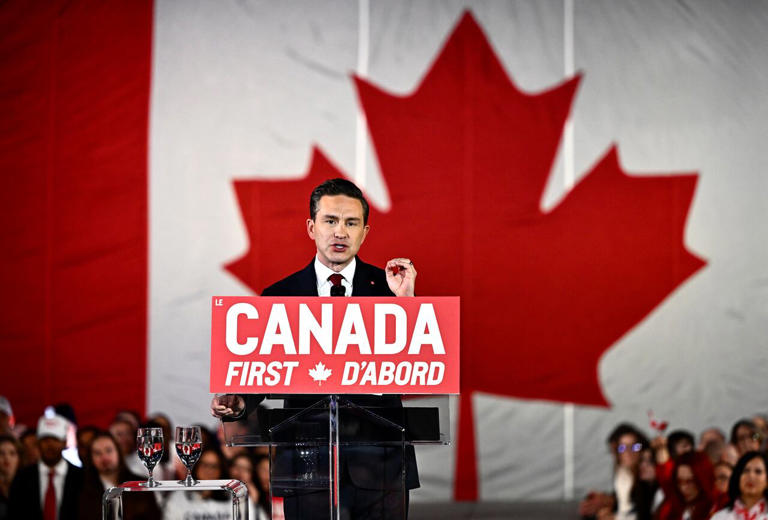Hollywood Production Grinds To Halt As Actors And Writers Strike

Table of Contents
The Core Demands of the WGA and SAG-AFTRA Strikes
The Hollywood strike is fueled by fundamental disagreements over fair wages, residuals, the impact of artificial intelligence (AI), and creative control. Both the WGA and SAG-AFTRA are demanding significant changes to address the evolving landscape of the entertainment industry, particularly the rise of streaming services.
-
WGA Demands: The Writers Guild of America's key demands center around fair compensation in the streaming era, where traditional residuals – payments made to writers each time their work is shown – are significantly reduced compared to network television. They're also fighting for:
- Fair wages: Increased minimum salaries to reflect the increased cost of living and the industry's overall profitability.
- Improved residuals: A more equitable system for compensating writers for the streaming of their work, ensuring they receive a fair share of the revenue generated by their content.
- Regulations on the use of AI in writing: Concerns over AI replacing human writers and the ethical implications of using AI-generated scripts are at the forefront of their demands.
- Increased creative control: Greater say in the creative process and protection against studio interference.
-
SAG-AFTRA Demands: The Screen Actors Guild - American Federation of Television and Radio Artists share many similar concerns, focusing on fair compensation and the ethical use of AI, but also emphasize:
- Fair wages and residuals: Similar to the WGA, SAG-AFTRA is fighting for increased wages and a better system for compensating actors for streaming revenue. The use of self-tape auditions, which have increased significantly, is also a point of contention.
- Protection against the misuse of AI in performance capture and generation: The union is concerned about the potential for AI to replace actors and devalue their work.
- Improved health and pension plans: Ensuring adequate health and pension benefits for actors, many of whom face employment instability.
The disparity between the immense profits generated by streaming platforms like Netflix and Disney+ and the compensation received by writers and actors is a central issue fueling the strike. The traditional Hollywood business model, based on broadcast television, is simply not sustainable in the age of streaming, and the unions are demanding a fair share of the new revenue streams.
The Impact of the Hollywood Strike on the Entertainment Industry
The Hollywood strike's impact reverberates far beyond the picket lines. The consequences are widespread and affect numerous facets of the entertainment industry and beyond.
-
Production Delays: Major film and television projects are on hold, causing significant delays in release schedules. This impacts everything from big-budget blockbusters to independent films and television series. The backlog of delayed productions will likely cause significant disruption for years to come.
-
Economic Repercussions: The economic fallout is substantial. Thousands of crew members – from camera operators and gaffers to caterers and drivers – are losing income. Studios and production companies are facing significant financial losses, with potential ripple effects on the stock market.
-
Impact on Late-Night Television: The strike has significantly altered late-night television programming, with many shows resorting to reruns or alternative formats. This illustrates the widespread impact of the strike beyond feature films and prime-time television.
-
Ripple Effect on Related Industries: The strike's influence extends to related sectors like tourism and hospitality, as the decline in film and television production leads to reduced visitor numbers and spending in areas that rely heavily on Hollywood.
Potential Resolutions and the Future of the Hollywood Strike
The resolution of the Hollywood strike depends on successful negotiations between the unions and the Alliance of Motion Picture and Television Producers (AMPTP).
-
Ongoing Negotiations: The ongoing negotiations are complex and involve numerous points of contention. Both sides need to find common ground to reach a mutually acceptable agreement.
-
Potential Compromise Solutions: Possible compromises could involve tiered residual systems based on viewership data, stricter regulations on AI usage, and increased transparency regarding streaming revenue.
-
The Role of Government Intervention and Public Opinion: While government intervention is unlikely, public opinion plays a crucial role in shaping the outcome of the negotiations. Public support for the striking actors and writers can influence the AMPTP's willingness to compromise.
-
Predictions for the Long-Term Impact: The long-term impact of the strike remains uncertain. However, it's likely to reshape the relationship between labor unions and production companies in Hollywood, possibly leading to a more equitable distribution of revenue and greater protection for creative workers. The future will also be defined by how the industry addresses the ethical and practical challenges posed by AI in creative fields.
Conclusion
The simultaneous strike by the WGA and SAG-AFTRA represents a critical turning point in the entertainment industry. The demands for fair wages, improved residuals, and protection against AI reflect the fundamental changes in how media is produced and consumed. The impact is profound, affecting not only the creative community but also the broader economy dependent on Hollywood. The outcome of these negotiations will significantly shape the future of filmmaking and television production for years to come.
Call to Action: Stay informed about the ongoing Hollywood strike, its developments, and its implications for the future of film and television production. Understanding the issues at the heart of the actors strike and the writers strike is crucial for anyone interested in the future of the entertainment industry. Follow reputable news sources to stay updated on the negotiations and the potential resolution of this critical situation.

Featured Posts
-
 Escape To The Country Making The Move To Rural Living
May 25, 2025
Escape To The Country Making The Move To Rural Living
May 25, 2025 -
 Republican Dealmaking Trumps Influence And Tactics
May 25, 2025
Republican Dealmaking Trumps Influence And Tactics
May 25, 2025 -
 Avrupa Borsalari Ecb Faiz Karari Sonrasi Piyasa Hareketleri
May 25, 2025
Avrupa Borsalari Ecb Faiz Karari Sonrasi Piyasa Hareketleri
May 25, 2025 -
 2002 Submarine Bribery Case French Prosecutors Accuse Malaysias Ex Prime Minister Najib
May 25, 2025
2002 Submarine Bribery Case French Prosecutors Accuse Malaysias Ex Prime Minister Najib
May 25, 2025 -
 Escape To The Country Finding Your Perfect Country Home
May 25, 2025
Escape To The Country Finding Your Perfect Country Home
May 25, 2025
Latest Posts
-
 Trade Tensions Unresolved Tariffs Omitted From G7 Final Statement
May 25, 2025
Trade Tensions Unresolved Tariffs Omitted From G7 Final Statement
May 25, 2025 -
 Trumps Trade Threats Send Gold Prices Climbing
May 25, 2025
Trumps Trade Threats Send Gold Prices Climbing
May 25, 2025 -
 Silence On Tariffs G7 Finance Ministers Meeting Outcome
May 25, 2025
Silence On Tariffs G7 Finance Ministers Meeting Outcome
May 25, 2025 -
 Gold Price Surge Trumps Eu Threats Fuel Trade War Fears
May 25, 2025
Gold Price Surge Trumps Eu Threats Fuel Trade War Fears
May 25, 2025 -
 G7 Finance Ministers Ignore Looming Tariffs In Final Statement
May 25, 2025
G7 Finance Ministers Ignore Looming Tariffs In Final Statement
May 25, 2025
